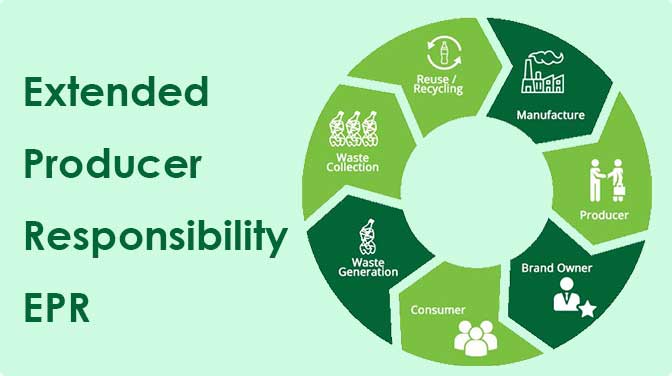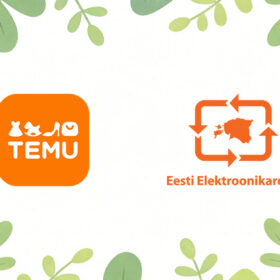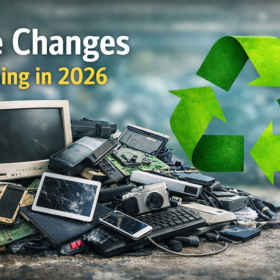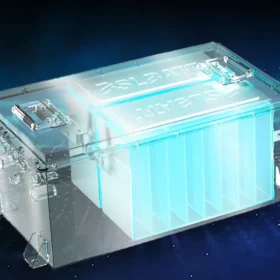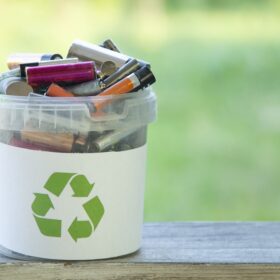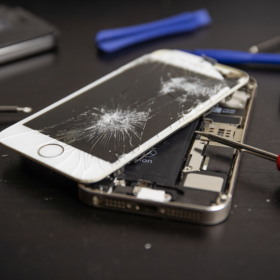Extended Producer Responsibility: The Answer to the E-Waste Challenge
In the ever-evolving landscape of environmental responsibility, businesses have moved from mere stakeholders to torchbearers of sustainability. One policy approach that has gained immense traction in Europe and globally is “Extended Producer Responsibility” (EPR). But what exactly does it mean, and why is it pivotal in addressing the mounting issue of e-waste? Let’s delve deeper.
What is Extended Producer Responsibility (EPR)?
Extended Producer Responsibility is an environmental policy approach wherein producers are entrusted with the responsibility for the management of the disposal of their products. This means that businesses are not only responsible for the efficiency and quality of their products but also for their ecological footprint long after they’ve been sold.
At its core, EPR shifts the onus of waste management from municipalities and consumers back to the manufacturers. It encourages producers to design products that are environmentally friendly, easier to recycle, and sustainable in the long run.
The WEEE Directive in Europe
The Waste Electrical and Electronic Equipment (WEEE) Directive in Europe is a prime example of EPR in action. Instituted in 2003, it aims to reduce the environmental impact of e-waste and promote its reuse, collection, and recycling.
Under the WEEE Directive, European Union member states are required to adopt legislation and establish systems for the collection and recycling of e-waste. This approach not only mitigates the harmful effects of improperly disposed electronic waste but also drives innovation in sustainable product design.
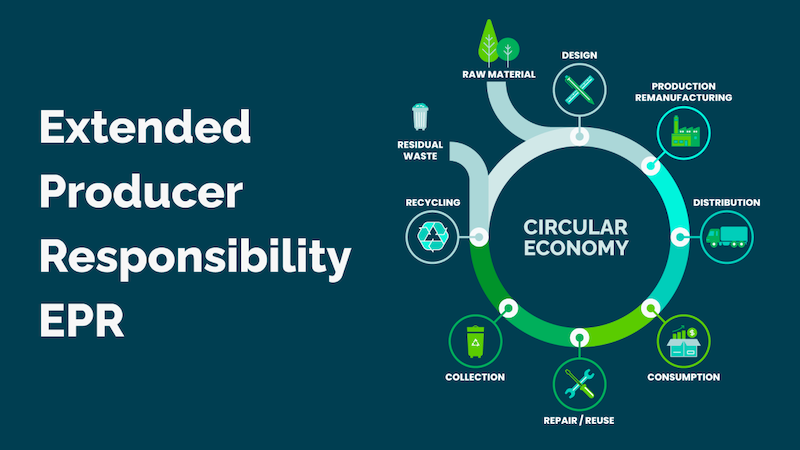
The Rising Tide of E-Waste
Electronic waste, commonly termed e-waste, encompasses discarded electronic devices and components. As technological advancements soar, so does the influx of obsolete electronics. This e-waste, if not properly managed, poses significant environmental and health risks, given the myriad of hazardous substances they contain, such as mercury, lead, and brominated flame retardants.
The importance of e-waste collection cannot be stressed enough. By properly recycling and managing electronic waste, we can prevent the leakage of harmful chemicals into our environment and also recapture valuable materials that can be reintroduced into the production cycle.
Eesti Elektroonikaromu: Leading the Charge in Estonia
In Estonia, the baton of responsibility is carried by companies like Eesti Elektroonikaromu. As the most effective E-waste collecting company operating nationwide, they have established a robust network for collecting old electronics and batteries. Their efforts resonate with the core tenets of Extended Producer Responsibility, ensuring that products are not only produced responsibly but also reach their end-of-life in an environmentally sound manner.
In conclusion
Extended Producer Responsibility is not just a policy; it’s a commitment—a commitment by producers to shoulder the environmental ramifications of their products. It’s an acknowledgment that businesses play a crucial role in creating a sustainable future. With regulations like the WEEE Directive and companies like Eesti Elektroonikaromu at the forefront, we can look forward to a world where technological advancement and environmental responsibility coexist harmoniously.
In this digital age, where innovations are rapid and constant, let’s ensure that our strides in technology are matched with steps towards a greener, more sustainable planet.
Join the most effective producer
responsibility organisation in Estonia.
We collect and recycle electronics, batteries and accumulators.
We organise e-waste reporting.
Frequently asked questions about extended producer responsibility
EPR is not just an environmental strategy; it’s a testament to a company’s commitment to sustainability. By integrating EPR, businesses are adopting a forward-thinking approach, recognizing that their responsibility doesn’t end once a product is sold.
This policy encourages companies to innovate, design products that have a minimal environmental impact, and take charge of their product’s entire life cycle. Moreover, as consumers become increasingly environmentally conscious, businesses adhering to EPR stand out as industry leaders, enhancing their brand reputation and building trust among their customers.
The WEEE Directive, at its essence, mandates European Union member states to develop robust systems for the collection and recycling of e-waste. This means that electronic products discarded today could very well become the raw materials of tomorrow.
Manufacturers, therefore, are incentivized to design products that are easier to dismantle, recycle, and reintegrate into the production process. This cyclical approach not only conserves resources but also drives innovation, leading to products that are both cutting-edge and environmentally sound.
E-waste, if mishandled, can be a ticking environmental time bomb. Electronic devices often contain hazardous substances such as mercury, lead, and brominated flame retardants. When e-waste is disposed of in landfills or incinerated, these toxic elements can leach into the soil, contaminate water supplies, or release harmful emissions into the atmosphere.
Moreover, it results in the loss of valuable materials like gold, silver, and rare earth metals. Proper e-waste management ensures that these materials are recaptured, and the environment remains protected from potential hazards.
Eesti Elektroonikaromu stands as a beacon of sustainability in Estonia. As the leading E-waste collecting entity, they’ve created an expansive network dedicated to collecting old electronics and batteries.
Their commitment aligns seamlessly with the principles of Extended Producer Responsibility, ensuring not just the environmentally sound production of electronics but also their responsible disposal. By facilitating proper e-waste management, Eesti Elektroonikaromu is playing a pivotal role in protecting Estonia’s pristine environment while leading the way for other businesses in the realm of sustainable practices.
onsumers wield significant power in driving market trends. By choosing to support and purchase from companies that adhere to EPR, consumers send a strong message about the kind of practices they value.
Educating oneself about the environmental footprints of products, recycling old electronics through responsible channels like Eesti Elektroonikaromu, and advocating for stronger environmental regulations are all ways consumers can champion the cause of Extended Producer Responsibility and play a proactive role in creating a sustainable future.
Related materials
- Temu partners with Eesti Elektroonikaromu OÜ to support seller waste compliance in Estonia
- Price List Changes Effective from 1 January 2026
- The New EU Battery Regulation
- Mandatory information on producers’ and distributors’ websites on the collection of waste electronics and batteries
- Obligation to repair now as a law: the European Parliament obliges manufacturers to repair broken products
- Notification Obligation for Retailers and Online Stores in Electronic Waste Management

